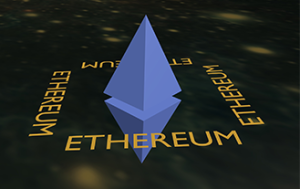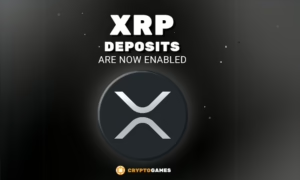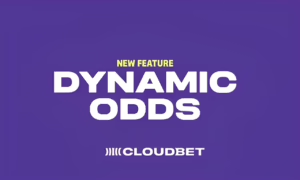Enterprise Ethereum Alliance: A World Of Opportunities

The Enterprise Ethereum Alliance – EEA – is a working group that aims to support companies that choose to use the Ethereum blockchain and smart contracts. The alliance is interested in experimenting with blockchain and it is also interested in identifying enterprise-grade software that can handle complex applications within their businesses. World-class high-tech and financial such as J.P. Morgan, BNY Mellon, BP, ING, Thomson Reuters, Accenture and Nuco amongst other, are a part of this recently established working group.
Private and Public Blockchains According to the Enterprise Ethereum Alliance
Partner companies launched the alliance on February 28th. Their first task was to focus on filling the gap between public and private blockchains to prove that both approaches don’t have to be mutually exclusive. The main difference between a public and a private blockchain has to do with the permissions involved in the creation of a new block.
A public blockchain allows anyone to create a new block. The only requirement is to meet some protocol needs. In this case, the so-called consensus algorithm (usually, a proof of work and/or proof of stake) keeps the network cohesive and prevents forking. On the other hand, the permissions for a block creation within a private chain are restricted and the whole power is given only to specific trusted entities.
Why use a private Blockchain?
Private blockchains are very useful for companies because they want to control volatility, degrading to chain/banking API gateways outside the trusted limits, or issues related to offline settlement with internal tokens. This is a logical requirement given that closed ecosystems seem to be safer especially because they reduce the level of uncertainty.
Thanks to a shared virtual machine system, the Enterprise Ethereum Alliance aims to connect Ethereum-compatible public and private blockchains more easily. The Ethereum Blockchain has lots of possible use cases, not only related to digital payments by using Ether, the digital currency that powers the whole network. The real revolution that Ethereum brings is the idea of “smart contracts”, or smart applications that run within the blockchain and automatically execute any kind of contract or task.
Enterprise Ethereum Alliance bring the Private Sector Angle to the Implementation of Blockchain
Any company should be able to use this system according to its specific needs. Smart contracts can be easily adapted to fit the needs of many different companies. The issue is that the technology has to be tested first. These tests will allow the Enterprise Ethereum Alliance improve the chance of a future blockchain system for enterprise pioneers. The EEA will:
- create a group of the best startups, academic teams and companies;
- help startups with scaling challenges thanks to the involvement of large solutions providers, such as Accenture and Microsoft;
- bring community incentives to bear in order to improve the whole network;
- bring more developers, which might lead to greater efficiency in application development
The Enterprise Ethereum Alliance and the Future of Blockchain Initiatives
With the degree of commitment that the Enterprise Ethereum Alliance brings, and the type of companies that make up the alliance, the future of blockchain initiatives could be much brighter. These companies can help raise blockchain investment to unprecedented levels, and this will benefit the future of various blockchain initiatives. Thanks to the EEA’s involvement, projects that involve interoperability between blockchains for example, might come closer to fruition.









